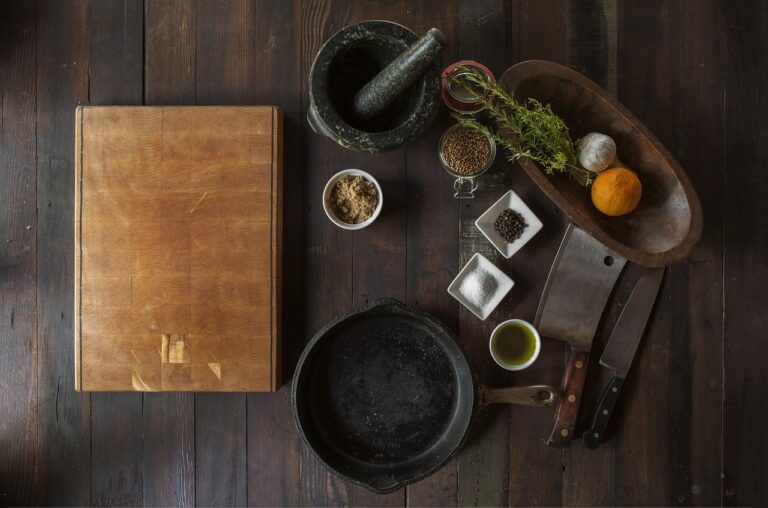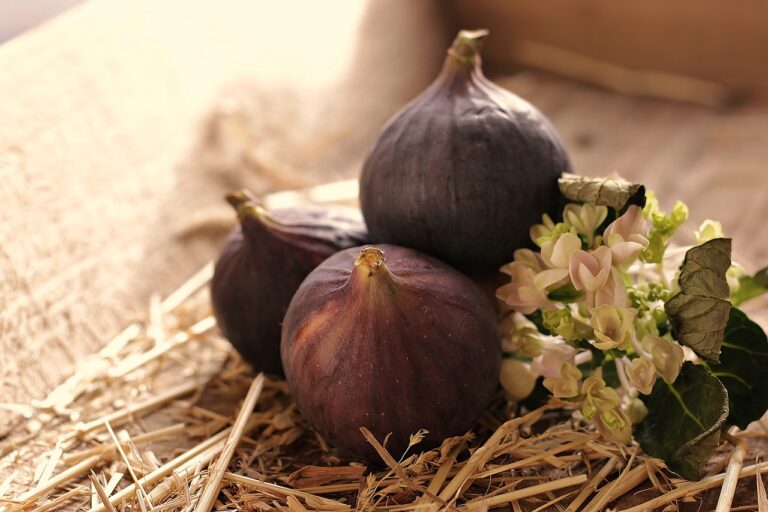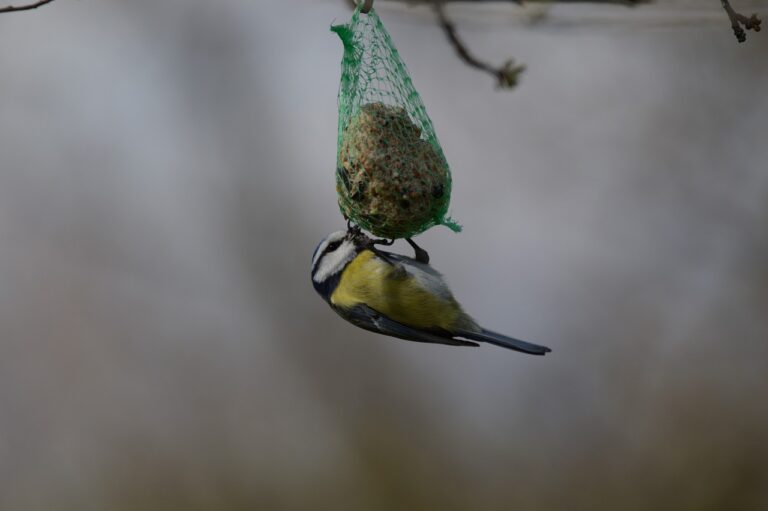The Impact of Coffee on Cultural Preservation and Heritage Conservation
11xplay, tigerexch247 login, booki bet:Coffee has long been a cherished beverage enjoyed by people all over the world. From the bustling streets of New York City to the serene coffee plantations of Ethiopia, coffee plays a significant role in various cultures and traditions. But did you know that coffee also plays a crucial role in cultural preservation and heritage conservation?
In this article, we will explore the impact of coffee on cultural preservation and heritage conservation. We will discuss how coffee has helped to preserve traditions, support local communities, and safeguard cultural heritage sites. So grab a cup of your favorite brew and let’s dive in!
The Role of Coffee in Cultural Preservation
Coffee has a rich history that is deeply intertwined with the cultures of the countries where it is grown. From the traditional coffee ceremonies of Ethiopia to the vibrant cafe culture of Italy, coffee has become an integral part of many societies around the world. By embracing and celebrating these traditions, coffee helps to preserve cultural practices that have been passed down through generations.
In Ethiopia, for example, the traditional coffee ceremony is a social event that brings people together to share stories, build relationships, and enjoy the brew. This centuries-old tradition is not just about drinking coffee but also about fostering community and preserving cultural heritage. By supporting the coffee industry in Ethiopia, consumers are not only enjoying a delicious cup of coffee but also helping to preserve a cultural tradition that is unique to the region.
Similarly, in countries like Colombia and Brazil, coffee has played a significant role in preserving the cultural heritage of indigenous communities. By promoting sustainable coffee farming practices and fair trade agreements, coffee companies are helping to empower local farmers and preserve traditional farming methods. This not only helps to protect the environment but also ensures that these cultural practices are passed down to future generations.
Supporting Local Communities
One of the key ways in which coffee contributes to cultural preservation and heritage conservation is by supporting local communities. By purchasing ethically sourced coffee beans from small-scale farmers, consumers can help to provide a stable income for these communities, thus enabling them to preserve their traditions and way of life.
In many coffee-producing regions, such as Guatemala and Costa Rica, coffee farming is not just a livelihood but a way of life. By supporting these communities through fair trade partnerships, consumers can help to ensure that these cultural practices are sustained for years to come. This not only benefits the local farmers and their families but also helps to preserve the unique cultural heritage of these regions.
Safeguarding Cultural Heritage Sites
Coffee also plays a crucial role in preserving cultural heritage sites around the world. Many coffee-producing regions are home to ancient ruins, historical landmarks, and UNESCO World Heritage sites. By supporting sustainable coffee farming practices in these regions, consumers can help to protect these cultural treasures from environmental degradation and urbanization.
For example, in Ethiopia, the birthplace of coffee, there are many cultural heritage sites that are of global significance. By promoting sustainable coffee farming practices in these regions, consumers can help to protect these sites from deforestation, soil erosion, and other environmental threats. This not only ensures the preservation of these cultural treasures but also helps to promote sustainable tourism in the region.
By supporting coffee companies that are committed to ethical sourcing and sustainability, consumers can play a vital role in cultural preservation and heritage conservation. Whether it’s enjoying a cup of Ethiopian coffee or buying fair trade beans from a local farmer, every purchase can make a difference in preserving the cultural heritage of coffee-producing regions around the world.
FAQs:
Q: How does coffee help to preserve cultural traditions?
A: Coffee helps to preserve cultural traditions by supporting local communities, fostering community relationships, and celebrating unique cultural practices.
Q: How can consumers support cultural preservation through coffee?
A: Consumers can support cultural preservation through coffee by buying ethically sourced beans, supporting fair trade partnerships, and promoting sustainable farming practices.
Q: What are some examples of cultural heritage sites in coffee-producing regions?
A: Examples of cultural heritage sites in coffee-producing regions include ancient ruins in Ethiopia, historical landmarks in Guatemala, and UNESCO World Heritage sites in Costa Rica.
Q: Why is it important to preserve cultural heritage in coffee-producing regions?
A: Preserving cultural heritage in coffee-producing regions is important because it helps to protect unique traditions, support local communities, and safeguard historical landmarks for future generations.
In conclusion, coffee has a significant impact on cultural preservation and heritage conservation. By supporting local communities, preserving cultural traditions, and safeguarding cultural heritage sites, coffee plays a vital role in ensuring that the rich cultural heritage of coffee-producing regions is sustained for generations to come. So the next time you enjoy a cup of coffee, remember that you are also supporting the preservation of cultural traditions and heritage conservation around the world.







